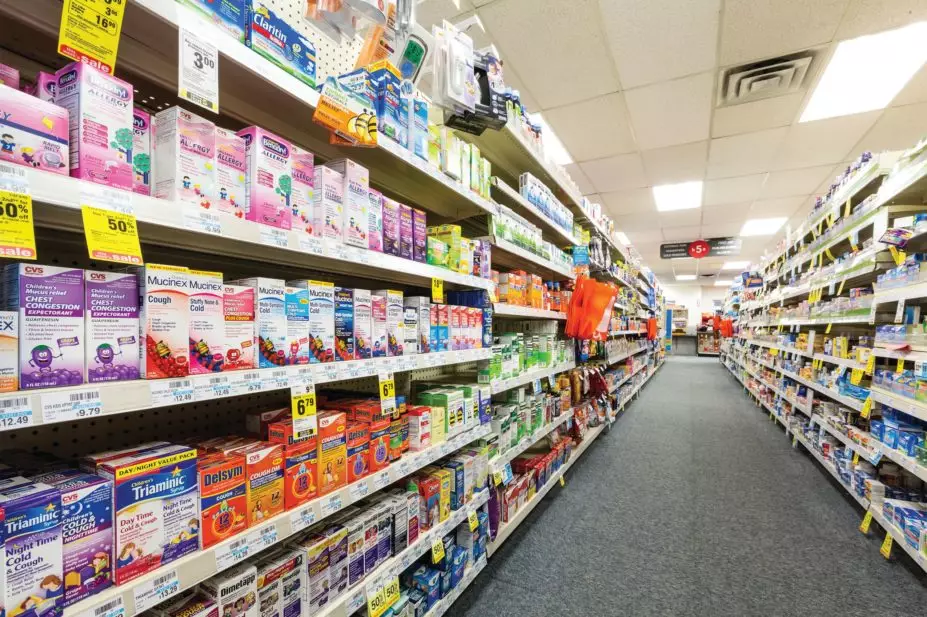
Shutterstock.com
Four Derbyshire clinical commissioning groups (CCGs) will no longer commission Pharmacy First, a minor ailments service, in response to NHS England guidance to restrict prescribing of over-the-counter (OTC) medicines for minor, self-limiting or short-term conditions.
The decision was taken by Erewash, Hardwick, North Derbyshire and Southern Derbyshire CCGs.
In a statement, the Derbyshire Joint Area Prescribing Committee said that in 2015/2016, the four CCGs spent £3m on medicines that are available to purchase OTC.
“It is recognised that much of this cost is attributable to long-term or complex conditions,” it added.
“But considerable spend is also for conditions that may be considered suitable for self-care.”
In place of the service, which covered 132 community pharmacies, a new Derbyshire-wide self-care policy will now be introduced. Described by Avi Bhatia, GP and chair of Erewash CCG, as “a sustained campaign across Derbyshire to raise awareness of the importance of self-care”, the policy broadly aligns to NHS England’s guidance in that it aims to minimise prescribing of OTC medicines for self-limiting and/or minor conditions, or where evidence of efficacy is weak.
Ultimately, the committee said, “people will be encouraged to be responsible for their own health and wellbeing, by all healthcare professionals.”
“Our commitment as clinicians is to only use the prescribing budget for medicines and products which have a clear evidence base of working for most patients,” said Bhatia.
“We will support patients to improve their understanding about medicines and how to look after themselves better and work with other healthcare staff to help raise awareness of self-care.”
On 29 March 2018, the board of NHS England approved guidance that restricts routine prescribing of OTC medicines for 35 minor, self-limiting or short-term health conditions, following a public consultation on the draft guidance.
In its response to the consulation, the Royal Pharmaceutical Society said that education about self-care should be emphasised, but that it was “strongly opposed” to making OTC products for these conditions unavailable via the NHS.
Such a move would, it said, “fundamentally alter the principle that care is free at the point of delivery”.


